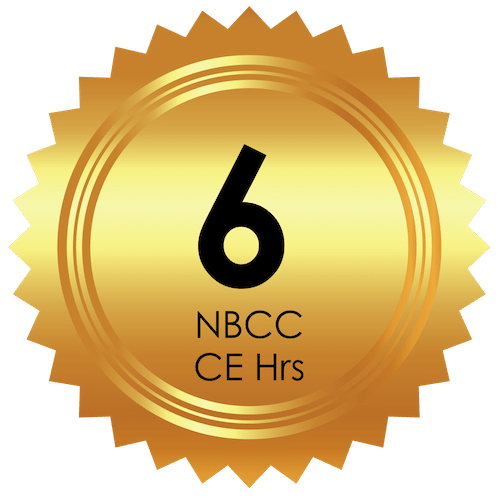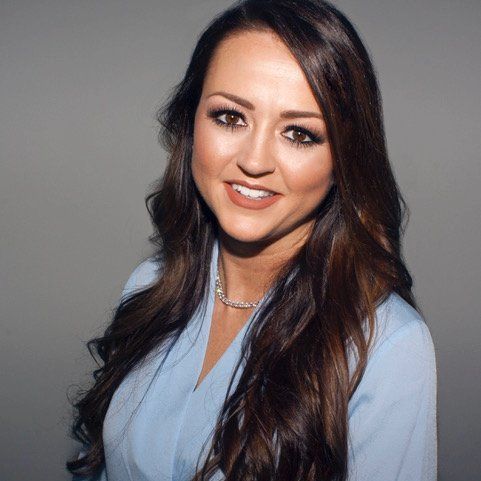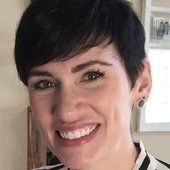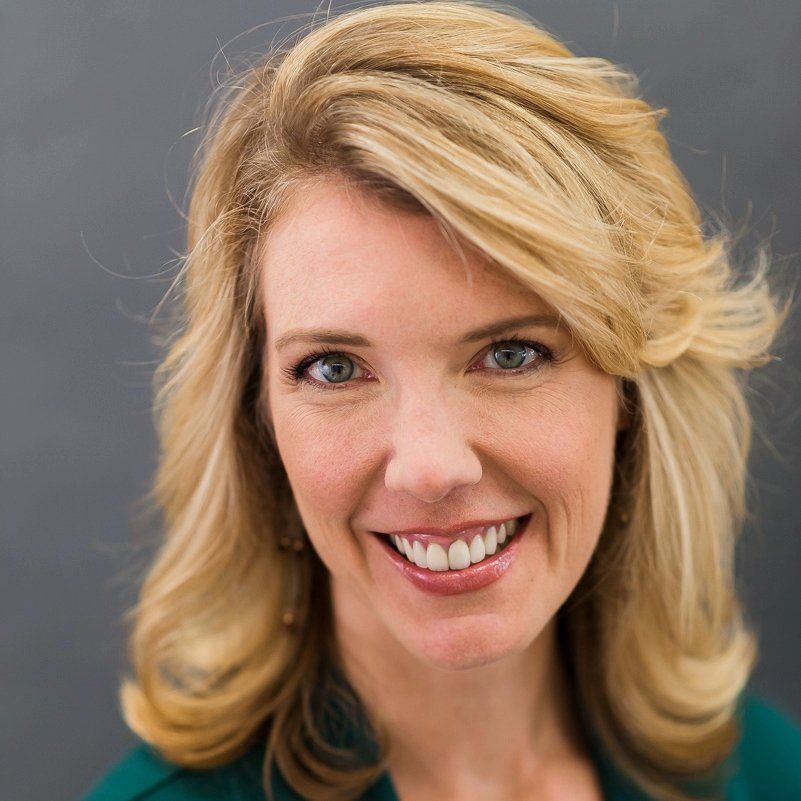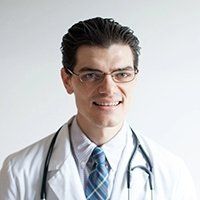CARY/APEX
919.651.8313
FAYETTEVILLE
Request Your First Appointment
New Clients
Sign In to Client Portal
Existing Clients
EMDR Training & Consultation
View & register for EMDR basic training events
Self-Care: The Fuel You Need to Thrive
CONTINUING EDUCATION COURSE BRIEF
Self-Care:
The Fuel You Need to Thrive
A LIVE, INTERACTIVE MICRO-CONFERENCE
MORRISVILLE, NC
SEPTEMBER 6, 2019
- Learn new strategies and approaches to self-care for you and those you serve
- Experience self-care strategies in real time
- Enhance your own self-care
- Enhance your knowledge of neuroscience related to self-care
SCROLL DOWN FOR COURSE INFO & ONLINE REGISTRATION
Self-care isn't a luxury.
Self-care can be defined broadly as any activity that we do intentionally in order to take care of our mental, emotional, and physical health. This simple, yet integral, concept is frequently overlooked; many of us fail to realize that self-care isn’t a luxury, it is essential to our survival. Mental health specialists often find themselves becoming quickly overworked and overstressed, leading to emotional exhaustion, vicarious trauma, and compassion fatigue. Work has found its way into home life and our once-great passion for helping others has been replaced with feelings of apathy, exhaustion, and burnout. While greatly encouraging our clients to take care of themselves, we somehow end up neglecting our own needs.
This event will highlight the importance of self-care by examining the neuroscience behind self-care, as well as empowering clinicians and those they serve by providing interventions and strategies for creating or enhancing our self-care practices. We know that self-care is essential to maintaining good mental and physical health. So, participants will get to experience self-care strategies in real time and learn from practitioners across disciplines, including a Certified Health Coach who is also a Licensed Massage and Body Work Therapist as well as a Doctor of Chiropractic and Naturopathic Medicine.
SPEAKERS
Libby
Marlatt-Murdoch
LPC, LCAS, CCTP, CTRTC
As a published author & experienced trainer, Libby has a passion for making neuroscience accessible to clients & other clinicians in the field. Libby is a Certified Clinical Trauma Professional & is also Certified in Choice Theory & Reality Therapy. She focuses on techniques based on brain science in treatment.
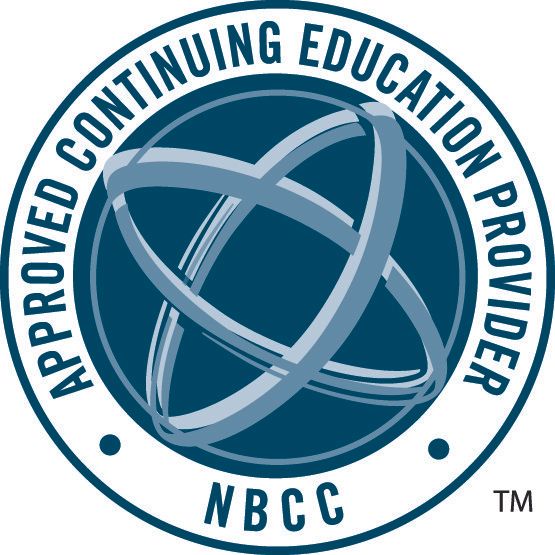
CONTINUING EDUCATION CREDIT
Certificates of Completion will be received after completing an evaluation.
COUNSELORS:
Earn up to 6 NBCC CE hours. Thrive Counseling & Consulting, PLLC has been approved by
NBCC as an Approved Continuing Education Provider, ACEP No. 6956. Programs that do not qualify for NBCC credit are clearly identified.
NBCC Approval #SP3031
SOCIAL WORKERS, MARRIAGE & FAMILY THERAPISTS, PSYCHOLOGISTS, & OTHER PROFESSIONALS:
This activity qualifies for up to 6 continuing education clock hours as required by many national, state, and local licensing boards. Please save the event advertisement and the certificate of completion you receive and contact your state board to determine specific filing requirements.
PROGRAM AGENDA
8 - 8:45
Welcome & Registration
8:45 - 10:45
Brain Based: Discover the Neurobiology of Self-Care for Clinicians & Clients
Libby Marlatt-Murdoch, LPC, LCAS, CCTP, CTRTS | 2.0 CEs
10:45 - 11
Break
11 - 12
Self-Care in the Office: Simple Strategies for Relaxing, Grounding, & Energizing
Charlie Trussell, MA, LPC, NCC | 1.0 CEs
12 - 1
Lunch Break
1 - 2:30
Integrative Medicine: A Natural Approach to Managing Mental Health & Self-Care
Jack Weber, DC, ND | 1.5 CEs
2:30 - 2:45
Break
2:45 - 4:15
Ayurveda & Behavioral Science for Stress Reduction & Self-Care
Gin Burchfield, CYC, CYT, LMBT | 1.5 CEs
COURSE OBJECTIVES
BRAIN BASED: DISCOVER THE NEUROBIOLOGY
OF TRAUMA & TRAUMA TREATMENT
| 2.0 CEs
Summary:
Self-care is essential to survival in today’s world where clinicians and clients face chronic stress, acute and complex trauma, burnout, compassion fatigue and vicarious trauma. This training educates providers about the neuroscience of self-care and differentiates between coping and regulation. This training addresses cultural myths about self-care; for example, that self-care is selfish and self-care is only about caring for your own mind, body, and soul and doesn’t involve caring for your relationships. This training will empower clinicians to understand holistic self-care. Clinicians will gain tools and interventions that can be implemented for personal self-care and with those they serve.
- Participants will learn how to define risk factors that make self-care a necessity; definitions of chronic stress, acute and complex trauma, burnout, compassion fatigue, and vicarious trauma will be provided.
- Participants will learn the difference between coping and regulation, and why it is important to create self-care plans that address the whole person based on concepts in neuroscience.
- Participants will be exposed to cultural myths about self-care.
- Participants will learn about a number of tools, interventions, and activities that can be used to develop their own self-care plan and/or be applied to work with those they serve.
SELF-CARE IN THE OFFICE: SIMPLE STRATEGIES FOR RELAXING, GROUNDING & ENERGIZING
| 1.0 CEs
Summary: Practicing self-care between sessions with clients can help prevent compassion burnout and fatigue. Being emotionally aware and taking the time out in the therapy room to care for ourselves is key to staying centered and effective. This hour-long session will focus on ways in which we can stay mindful and engage in self-care to remain grounded, mentally strong, and healthy. Relaxing, stress-reducing techniques such as yoga, listening to music, and using aromas (such as Essential Oils) will be demonstrated during class. Participants will be encouraged to follow along and learn how to care for themselves the same way they would in the office. No equipment necessary; these are practical, simple things to implement between sessions after all!
- Understand the importance of taking care of mental exhaustion
- Learn new strategies for implementing self-care in your office
- Practice techniques learned in class
AYURVEDA & BEHAVIORAL SCIENCE FOR STRESS REDUCTION & SELF-CARE
| 1.5 CEs
Summary: Discover Ayurveda, the sister science of yoga, a life science that is nearly 5,000 years old and offers principles intended to guide our self-care so that we can live a healthy full life. Ayurveda is based on the premise that vibrant health is a birth right which we can all achieve if we know how to. Attendees will understand the premises of Ayurveda as a “life science” which supports the pursuit of a balanced and healthy lifestyle through exposure to the fundamental tenants of Ayurveda that aid in stress reduction and support habits of self-care. You will also gain insight into how the tenants and practices of Ayurveda can benefit care-givers and clients alike.
- Learn the foundational tenants of Ayurveda (5 Elements, 3 Doshas, and imbalance as the cause of disease)
- Learn the Behavioral Psychology approach to habit formation and the five triggers for habit.
- Discuss Ayurvedic “daily routine” and understand why habituated practices of daily routine are integral to best practices in self-care.
- Learn three Ayurvedic habits that profoundly reduce stress, encourage healthy circadian rhythms, and help reduce symptoms correlated with trauma.
INTEGRATIVE MEDICINE: A NATURAL APPROACH TO MANAGING MENTAL HEALTH & SELF-CARE
| 1.5 CEs
Summary: Individuals often wonder if there are safer, more effective alternatives to conventional medicine and pharmaceutical drugs. In this insightful training we will explore those safe and effective alternatives. Participants will learn about the fundamental differences between the integrative medical approach and traditional allopathic medical models of treatment. You will also learn about primary methods to this integrative approach, including naturopathic medicine, botanical medicine, functional medicine, traditional Chinese medicine, and acupuncture. This will better enable you to know when and how these treatments can benefit you as a care provider, and those you serve.
- Participants will learn key differences between the integrative medical approach and traditional allopathic medical models of treatment.
- Participants will gain critical insights into symptoms and diagnoses that can present as mental health issues but may have a physical etiology or connection.
- Participants will learn how they can address caregiver and client concerns with different interventions used in the integrative approach, including naturopathic medicine, botanical medicine, functional medicine, traditional Chinese medicine, and acupuncture.
EARLY BIRDS SAVE!
EARLY BIRD RATE: $99
Early Bird Registration Open until 8/15/19
REGULAR RATE: $120
REGISTER NOW
Morrisville, NC | September 6, 2019

Fayetteville, NC:
1611-B Owen Dr.
Fayetteville, NC 28304
(O) 910.483.5884
(F) 910.483.5864
Veteran Owned & Operated

